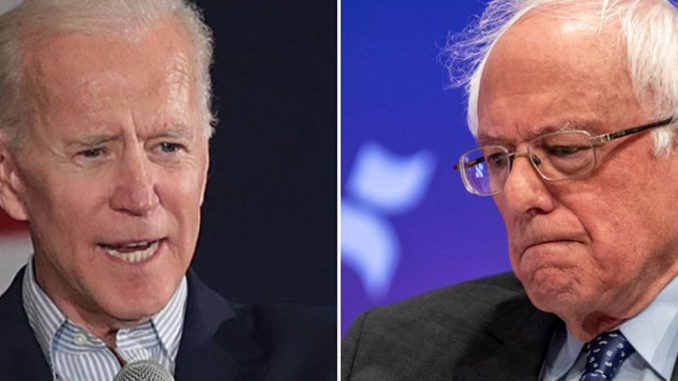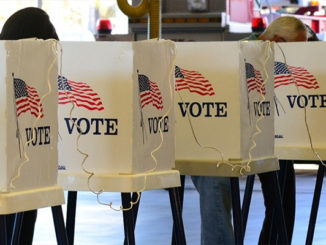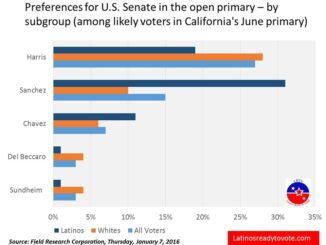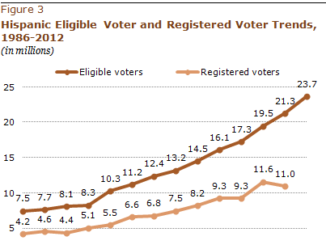
by Rey Junco
Texas was the second-biggest prize on Super Tuesday, and Joe Biden won the state’s primary with 33.7% of the vote. However, the state’s Latino vote went to Bernie Sanders: 45% for Sanders and 24% for Biden. While 44% of all Texas Democrat primary voters are white, 31% are Latino.
The split between Biden and Sanders was even greater among Latinos aged 18 to 29, who preferred Sanders over Biden, 66% versus 10%, and who made up a larger share of voters than young white Texans: 8% versus 5%. Since Biden appears to have won the state by fewer than 4 percentage points, higher participation from Latino youth could have changed the results.
For years, political observers have been talking about the power of Latino voters to reshape American politics. They certainly have the potential: Census data show Latinos make up 13% – and growing – of the voting-age population.
In the 2018 midterms, Americans got a glimpse of how young Latinos are already influencing elections. Analyses by CIRCLE – the research group that I am a part of – found that Texas counties with higher youth and Latino populations were much more likely to vote for Beto O’Rourke than low-youth, low-Latino counties. These dynamics may make Texas a battleground state in the near future.
However, as with all young voters, engaging Latino youth in Texas and around the country depends on sustained outreach. That has been a challenge: Our pre-primary poll of young voters in Texas found that Texas Latinos under age 40 were less likely than non-Latinos to have been contacted by a campaign or organization. Seventy-five percent of Latinos had not been contacted, compared to 60% of non-Latinos.
Perhaps as a result, Latinos were less likely to know key voting information. Though Texas’s primary allows any registered voter to vote as either a Republican or a Democrat, two-thirds of Latinos thought they had to be registered with a party to participate or said they didn’t know.
Rey Junco is the Director of Research at the Center for Information and Research on Civic Learning and Engagement, Jonathan M. Tisch College of Civic Life, Tufts University
.



